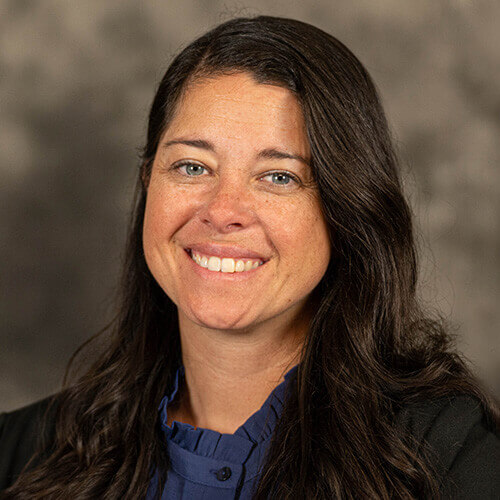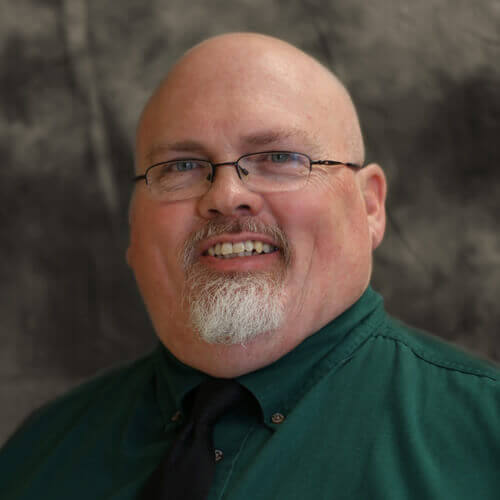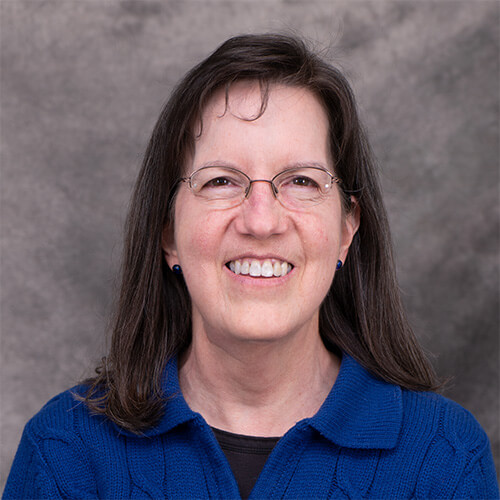Why study American Sign Language-English Interpreting at MC?
Maryville College developed the first bachelor’s degree program in interpreting for the languages of American Sign Language (ASL), spoken English and English-influenced forms of sign language in the United States. In this program, we have faculty members, adjuncts and staff that are actively associated with American Sign Language Teachers Association (ASLTA) and National Registry of Interpreters for the Deaf (RID).
Our faculty members, adjuncts, and staff hold credentials and degrees in American Sign Language Interpreting and pedagogy, Deaf Education, and ASL/Deaf Studies. The ASL/AEI team combines decades worth of interpreting experience, mentoring expertise, and pedagogical practice with a passion for exemplary service to the Deaf, Deafblind and Hard of Hearing community.
ASL and interpreting staff include Deaf consultants in interpreting course sessions. The curriculum is student-centered with pedagogically sound practice sessions, and individual attention to skill development. Community resources include a vibrant Deaf community, our neighbors-Tennessee School for the Deaf-local interpreting service community centers, and other employers of interpreters. A related major that focuses on the language and Deaf culture is ASL & Deaf Studies.
Sign language interpreting opens communication when people who are Deaf or Deaf-blind interact with the hearing world to buy a home, adopt a child, take a cruise, take classes, book a flight, order sushi, or interview for a job. Interpret outside at an environmental camp, youth conservation corps, summer camp, or national park. Work at a video relay center in any region of the country or interpret through video remote. The national demand for sign language interpreters far exceeds the supply. Opportunities for interpreters allow for skilled professional interpreters to direct their own businesses or thrive as staff interpreters, interpret solo or as members of interpreter teams, and specialize in different settings, such as education, health care, or legal. The major also prepares students for advanced study in Interpreting and related fields.
Meet a Current Scot
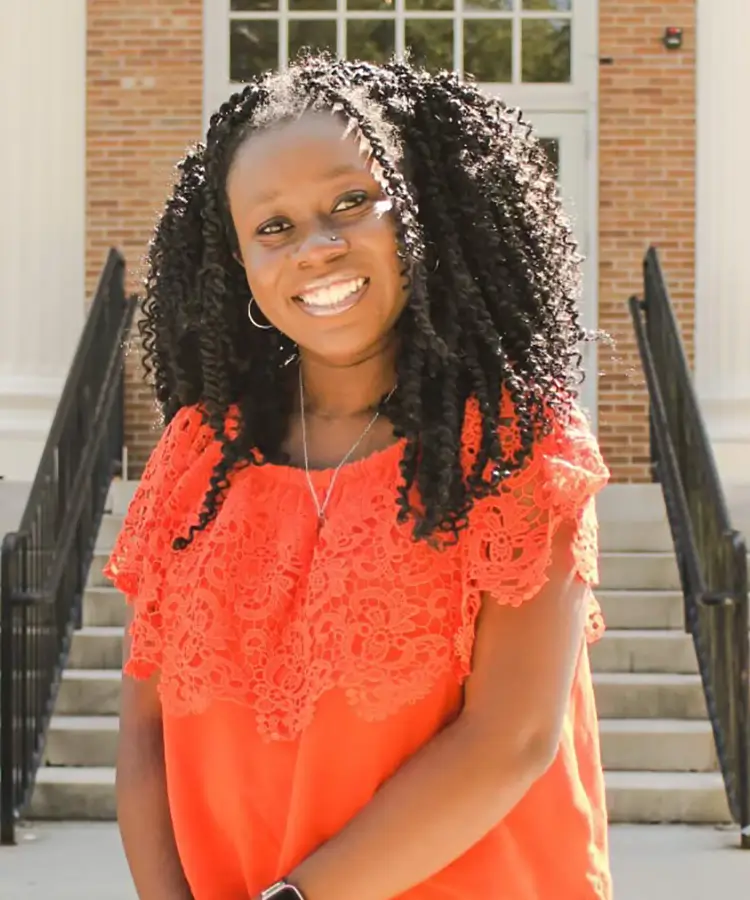
Precious Pressley
Hometown: Hendersonville, Tennesssee
Precious chose Maryville College to study ASL due to its statement of purpose that promises to provide an environment that emphasizes the dignity and worth of every member of its community, free from harassment and discrimination. She is involved with the College’s Sign Language Club, SLK, and attends Black Student Alliance meetings and events.
What she enjoys most about her major is “knowing that I am breaking the communication barrier(s) by being and making a positive difference in the life of others while gaining access to a whole new culture.” Precious’s goals for the future include becoming a professional educational interpreter who works with Deaf children in the Deaf community, as well as working with the adults.
Meet a Recent Grad
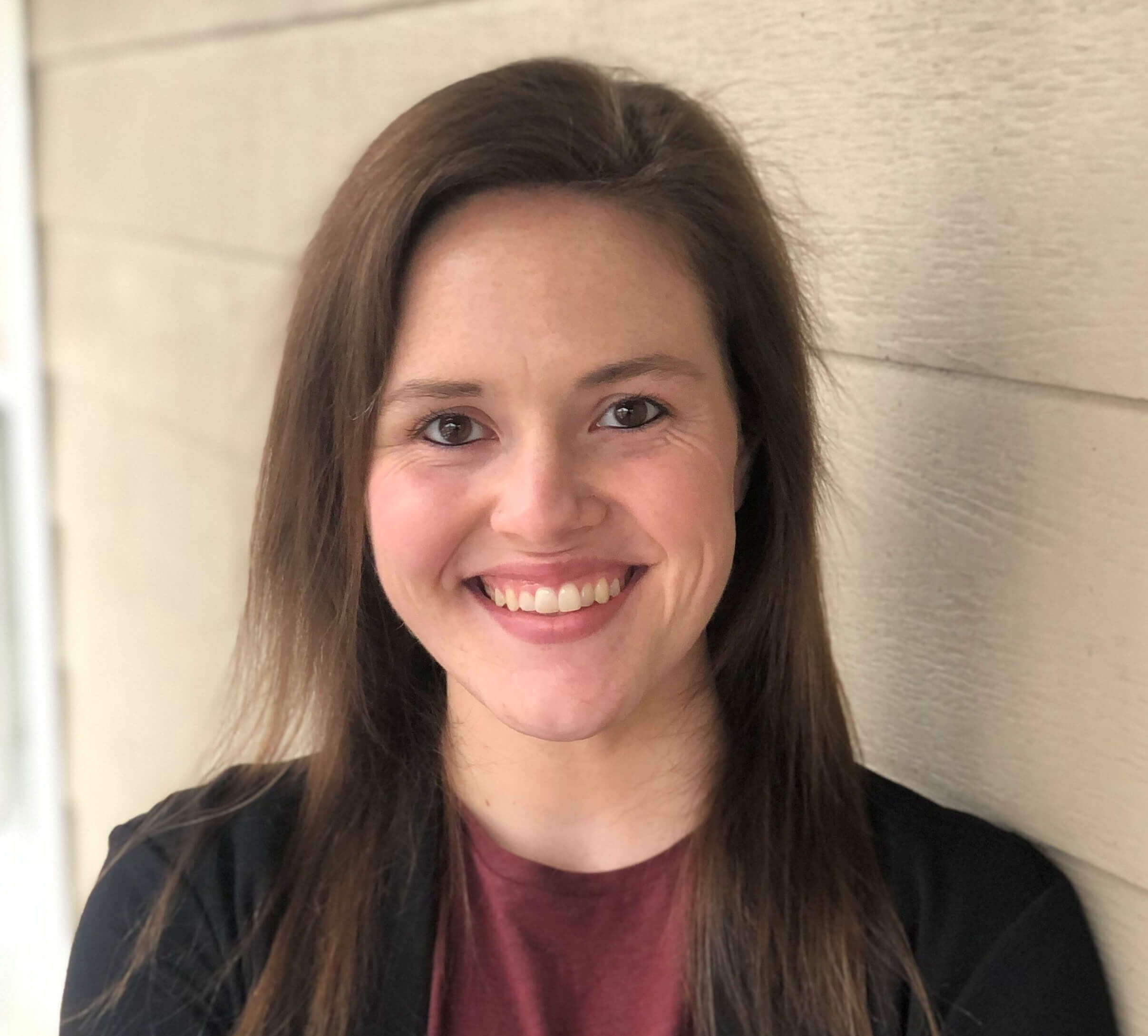
Anna Heimer ’21
Current: Educational Interpreter in Nebraska
After five years of previous college classes and two separate degrees, Anna decided one more degree in ASL/English Interpreting was worthwhile. MC’s ASL-EI faculty and the beautiful campus are the top two reasons she chose to enroll at the College.
“One of my professors, Angela Myers, helped me get to where I am today, and she continues to encourage me,” Anna said. “I am grateful for the professional relationships at MC that have turned into personal relationships. And I know I will always have support from the people who influenced me there. I am blessed to have been a part of such a close-knit community.”
